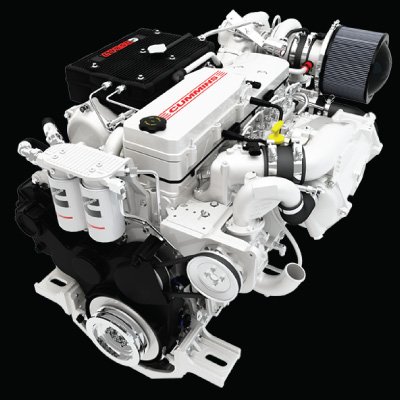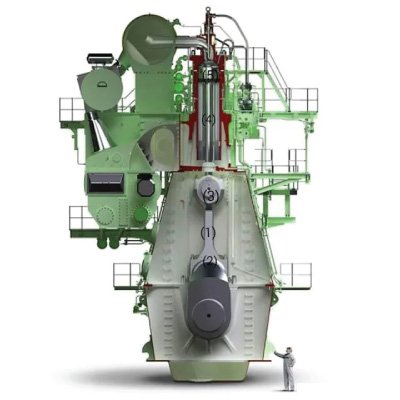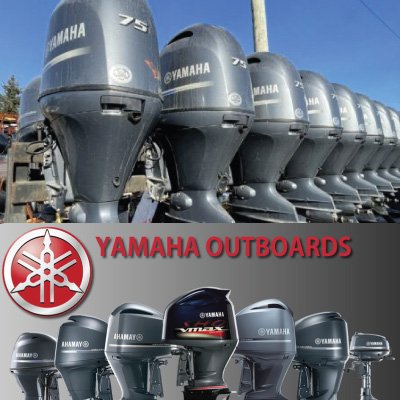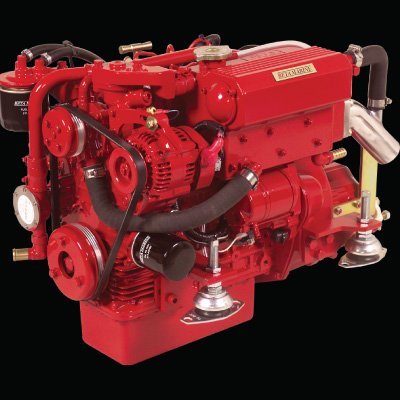- Cummins Marine provides reliable and high-performance marine diesel engines and power solutions for a variety of vessels, from recreational to commercial and military. Cummins Marine is a division of Cummins Inc., a global leader in the design, manufacture, and distribution of diesel and natural gas engines, power systems, and related products.
- Cummins marine diesel engines are reliable, efficient, and powerful, providing optimal performance for boaters on the water. Cummins is a leading manufacturer of marine diesel engines, offering a range of engines that are designed to provide reliable power for boats and yachts of all sizes.
- Cummins marine engines are known for their durability, fuel efficiency, and low emissions. They are designed to meet the rigorous requirements of the marine industry, including saltwater corrosion resistance, high torque at low speeds, and ease of maintenance.
- MAN B&W engines offer advanced marine power solutions with efficient, reliable, and sustainable performance. Experience the benefits of their innovative technology for your vessel.
- Discover the history of B&W Engines, a leading marine engine manufacturer known for their innovation, performance, and reliability. Learn about their revolutionary technologies and commitment to sustainability, and why B&W Engines remain a top choice for ship owners and operators worldwide.
- Yamaha SHO Outboard motors are high-performance engines that are designed for speed, power, and reliability. These motors are built to provide maximum power and acceleration while maintaining fuel efficiency and durability.
- Yamaha Marine produces high-performing and reliable marine engines and outboard motors designed to enhance the boating and fishing experience while prioritizing sustainability and eco-friendliness. Discover the power and innovation of Yamaha Marine today.
- Discover the power and performance of Yamaha Outboards - a trusted brand in marine engines for over 50 years. Our reliable, fuel-efficient, and innovative engines are designed for a wide range of watercraft applications. Explore our range of sizes and power outputs to find the perfect fit for your boating needs."
- Beta Marine is a British company that specializes in the design and manufacture of marine diesel engines, generator sets, and propulsion systems for a range of marine applications.
- The Beta Marine Hybrid system consists of an electric motor, a lithium-ion battery bank, and an intelligent control system. During normal operation, the diesel engine drives the propeller and charges the battery bank. When additional power is needed, such as during acceleration or maneuvering, the electric motor provides additional propulsion.
- MAN Diesel Marine Engines are high-performance, fuel-efficient engines designed for various marine applications. They are known for their reliability, durability, and commitment to sustainability. MAN Diesel & Turbo, the manufacturer of these engines, offers a wide range of engine types and after-sales services to ensure optimal performance. With over a century of experience, MAN Diesel & Turbo is a global leader in marine propulsion systems.
- Discover the reliable and fuel-efficient marine diesel engines from Beta Marine. From leisure to commercial vessels, our engines range from 10hp to 115hp with a compact design and exceptional durability. Explore our wide range of parts and accessories, and enjoy exceptional customer support. Choose Beta Marine Engines for a reliable and efficient power solution for your boat.
- Marine diesel engines are the backbone of the shipping industry, powering a vast array of vessels that transport goods and people across the world's oceans. They are a type of internal combustion engine that burns diesel fuel to produce mechanical energy, which is then used to power the ship's propeller.
- MAN marine engines are high-performance diesel engines specifically designed for use in boats and ships. MAN is a well-known brand in the marine industry and produces a range of engines for various types of vessels, including yachts, ferries, tugboats, and cargo ships.
Marine Diesel
A marine diesel engine is a type of internal combustion engine that is designed to power boats and ships. It is a highly specialized type of diesel engine that is specifically built for marine applications, with unique features that make it suitable for use in the harsh marine environment.
Unlike gasoline engines, which ignite a fuel-air mixture using a spark plug, marine diesel engines rely on compression to ignite the fuel. The fuel is injected into the engine cylinder at high pressure, and the heat generated by the compression ignites the fuel, creating an explosion that drives the piston and powers the engine.
Marine diesel engines are known for their durability, reliability, and efficiency. They are capable of generating high levels of power while consuming relatively little fuel, making them a popular choice for commercial and military vessels. They are also built to withstand the corrosive effects of saltwater and the vibrations and shocks that are common in marine environments.
In addition to their unique design features, marine diesel engines are also subject to strict regulations and safety standards. They must comply with emissions standards and safety regulations set by organizations such as the International Maritime Organization (IMO) and the American Bureau of Shipping (ABS).
Overall, marine diesel engines are an essential component of the global shipping industry, providing the power needed to transport goods and people across the world's oceans.
man marine engines
Marine engines are specifically designed to power boats and ships, and they are critical components of the marine industry. They are responsible for providing power to drive the vessel through the water and generate electricity to power all onboard systems. In this article, we will explore the features and benefits of marine engines, how they work, and the different types available.
Features and Benefits of Marine Engines:
1.Reliability: Marine engines are designed to withstand the harsh marine environment, including high humidity, saltwater, and vibration, and are built to last for many years with minimal maintenance.
2. Fuel Efficiency: Marine engines are designed to be fuel-efficient, with many models using advanced technology to reduce fuel consumption and emissions.
3. Power: Marine engines can provide a lot of power to drive boats and ships of various sizes and types, from small fishing boats to large commercial vessels.
4. Quiet operation: Marine engines are designed to operate quietly to avoid disturbing the marine environment and marine life.
5. Safety: Marine engines are equipped with safety features such as automatic shutdown in the event of an emergency to prevent accidents and protect the crew and vessel.
How Marine Engines Work:
Marine engines work similarly to other internal combustion engines. They operate by burning fuel in a combustion chamber to generate heat, which is then converted into mechanical energy that is used to power the vessel. Marine engines can be powered by various types of fuel, including diesel, gasoline, and natural gas.
There are two main types of marine engines: inboard and outboard engines. Inboard engines are mounted inside the boat, usually in the center, and are connected to the propeller via a shaft. Outboard engines are mounted outside the boat, usually at the stern, and are connected to the boat via a transom mount.
Types of Marine Engines:
- Diesel Engines: Diesel engines are the most commonly used type of marine engine due to their high fuel efficiency, reliability, and durability. They are commonly used in commercial vessels and large boats.
- Gasoline Engines: Gasoline engines are popular in smaller boats and recreational vessels. They are less fuel-efficient than diesel engines but are quieter and less expensive to maintain.
- Natural Gas Engines: Natural gas engines are becoming more popular due to their lower emissions and lower fuel costs. They are primarily used in commercial vessels and large boats.
In conclusion, marine engines are critical components of the marine industry and are responsible for providing power to drive boats and ships through the water. They are designed to be reliable, fuel-efficient, and safe, with many













